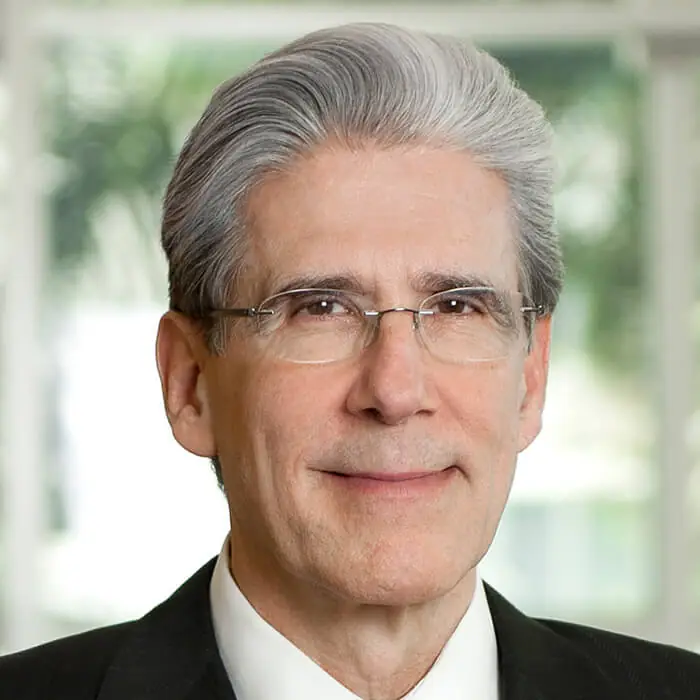National Hispanic Heritage Month is observed from September 15 to October 15 by celebrating the histories, cultures, and contributions of American citizens whose ancestors came from Spain, Mexico, the Caribbean, and Central and South America.
The observation started in 1968 as Hispanic Heritage Week under President Lyndon Johnson and was expanded by President Ronald Reagan in 1988 to cover a 30-day period.
At first it may seem awkward this observation doesn’t follow a traditional calendar month, but the dates make perfect sense! September 15 is set as the starting date for the month as it is important for many reasons. It is the independence anniversary for Latin American countries: El Salvador, Guatemala, Costa Rica, Nicaragua, and Honduras. From here onwards, the independence days of Mexico and Chile fall on September 16 and September 18, respectively. Dia de la Raza or Columbus Day also falls within this month on October 12.
NOAH is proud to recognize and celebrate the incredible contributions to medicine brought forth by Hispanic healthcare pioneers. Watch The Beat over the next four weeks for weekly articles highlighting these stories.
Toward Worldwide Well-being

Julio Frenk’s core belief in giving back stems from his family’s history. His grandparents found refuge in Mexico when they fled Nazi Germany in the 1930s, and the kindness of strangers profoundly impacted their lives. Frenk, in turn, dedicated himself to medicine, public health, and education, driven by the desire to leave a positive mark on the world.
Currently serving as the first Hispanic President of the University of Miami, Frenk is widely recognized for his expertise in global health. His public service includes a stint as Mexico’s Minister of Health, during which he extended healthcare coverage to over 55 million previously uninsured individuals.
From 2009 to 2015, Frenk also served as the dean of the Harvard T.H. Chan School of Public Health. There, he inspired both faculty and students to confront major global health challenges, such as poverty, humanitarian crises, healthcare system deficiencies, environmental threats, and pandemics.
Throughout his career, Frenk’s unwavering principle has been the importance of evidence-based policy. When honored with the prestigious Frank A. Calderone Prize in public health, he emphasized the need for decisions grounded in rigorous evidence and made a commitment to seeking the truth, no matter how complex or contradictory it may be.









